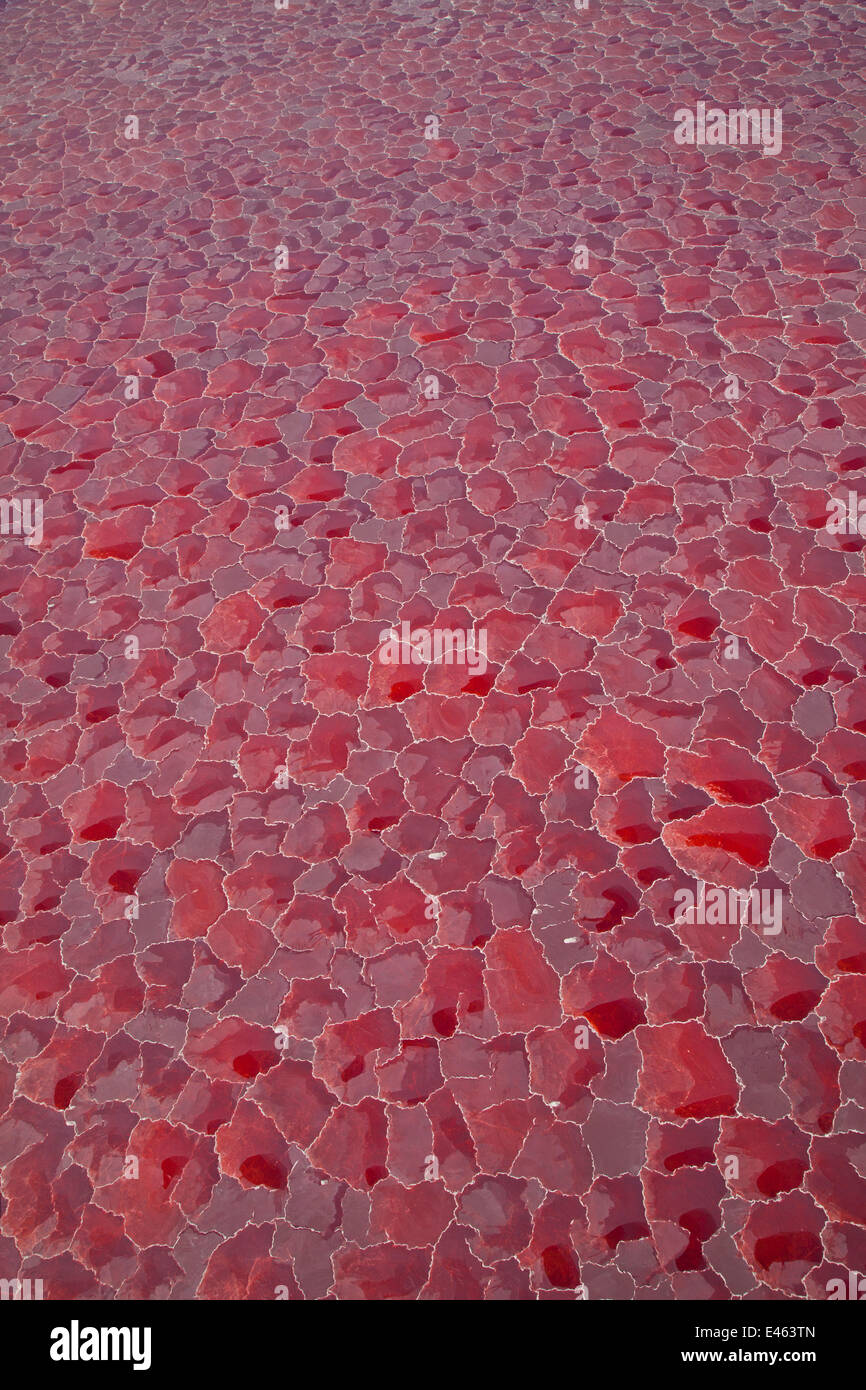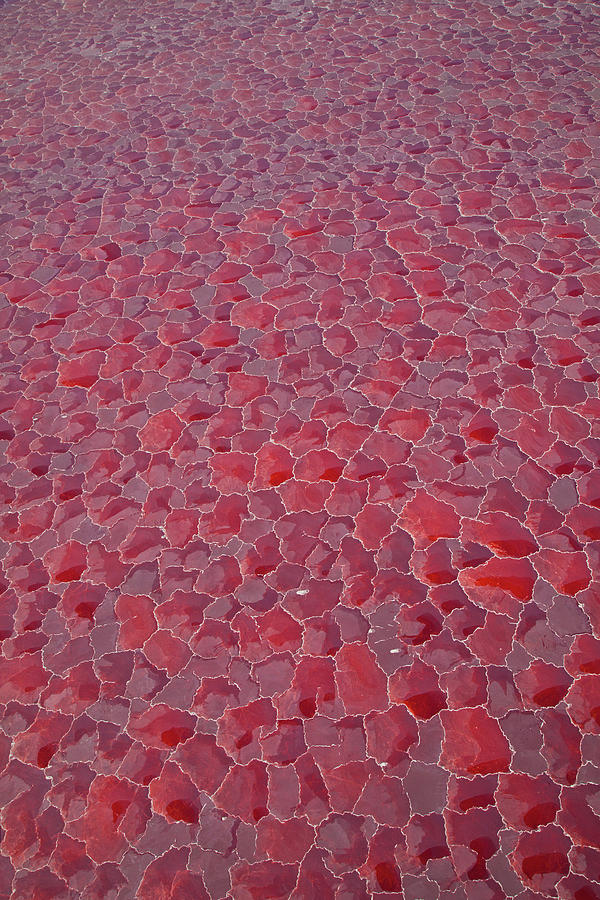

Rock salt, also known scientifically as halite, was created from the evaporation of ancient inland seas and saltwater lakes, which left concentrated beds of sodium chloride and other minerals. Geographically close to China, in the area that would become modern-day Pakistan, a different kind of salt with a much older history was discovered and traded.

In the 21st century, China is the world’s largest producer and exporter of salt, with 66.5 million tons produced in 2017, primarily for industrial purposes. Furthermore, since it was considered an essential commodity, salt was often taxed and was historically an important source of revenue for Chinese rulers. Other great empires that followed in early China, such as the Han, Qin, Tang and Song dynasties, took control of salt production and distribution. It was widely traded in pottery jars which, according to ‘The Archaeology of China’, served as a form of currency and ‘standard units of measure in the trade and distribution of salt’. It also describes methods of extracting it and preparing it for human consumption.ĭuring the Shang Dynasty in ancient China, beginning around 1600 BC, salt production began on a large scale. The first known Chinese treatise on pharmacology, the Peng-Tzao-Kan-Mu, written more than 4,700 years ago, lists over 40 different types of salt and their properties. Salt was such a valuable commodity that many battles were fought for control of the area and access to the lake’s salt flats.

During the Neolithic period, the Dawenkou culture in northern China was already producing salt from underground brine deposits and using it to supplement their diet.Īccording to historians, salt harvesting also occurred at Lake Yuncheng during a similar period, in what is the modern-day Chinese province of Shanxi. In ancient China, the history of salt can be traced back over 6,000 years. The Importance of Salt in Chinese History All of this means that from ancient China to Egypt, Greece, and Rome, the history of human civilization is closely linked to the history of salt. Some early cultures even used it as a form of currency. It was, and still is, used to preserve and season food, and it is important in medicine as well as religious ceremonies, all of which have made it a valuable trade commodity. Life itself depends on salt, and people in early civilizations went to great lengths to acquire it.


 0 kommentar(er)
0 kommentar(er)
